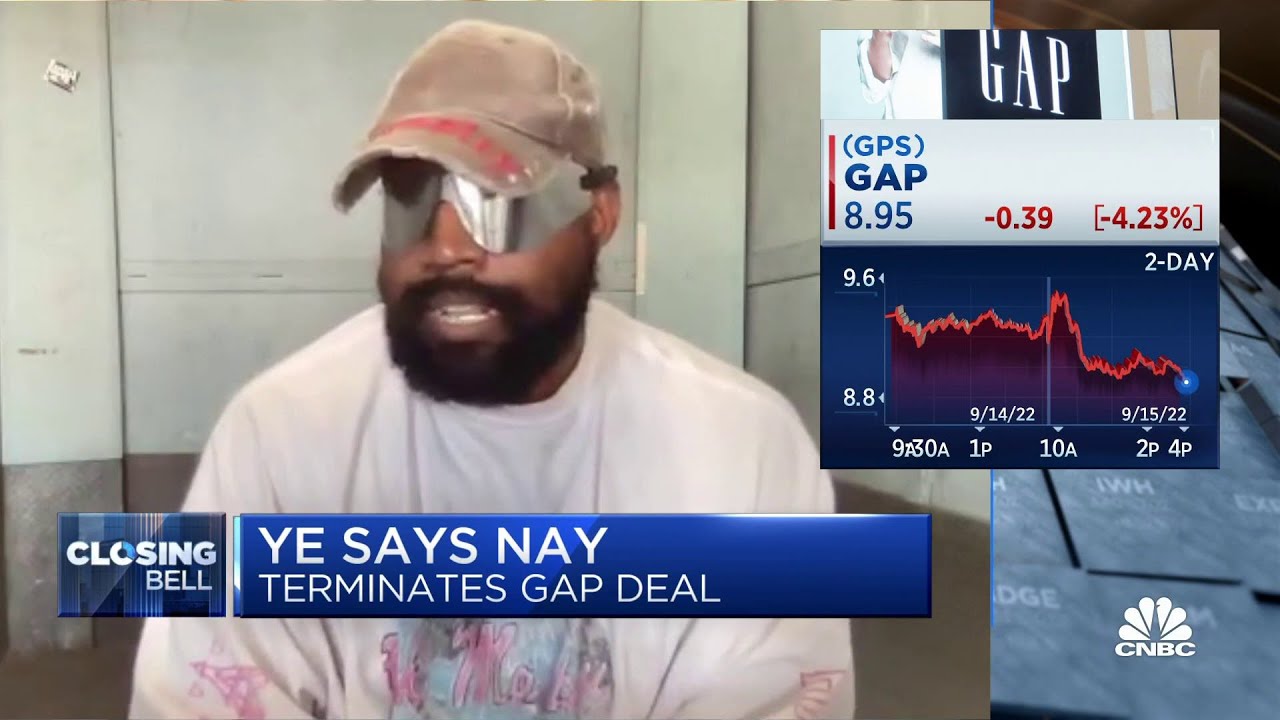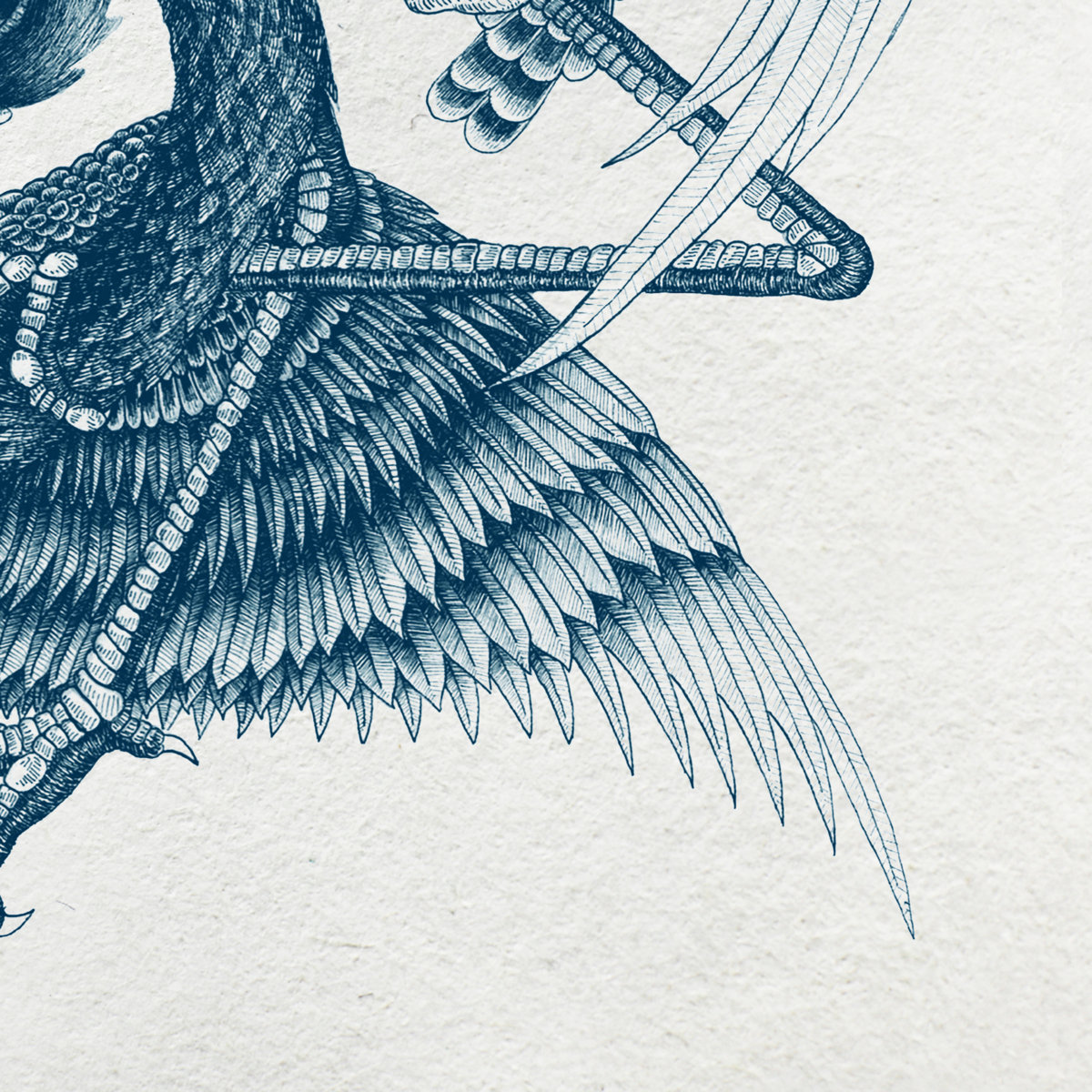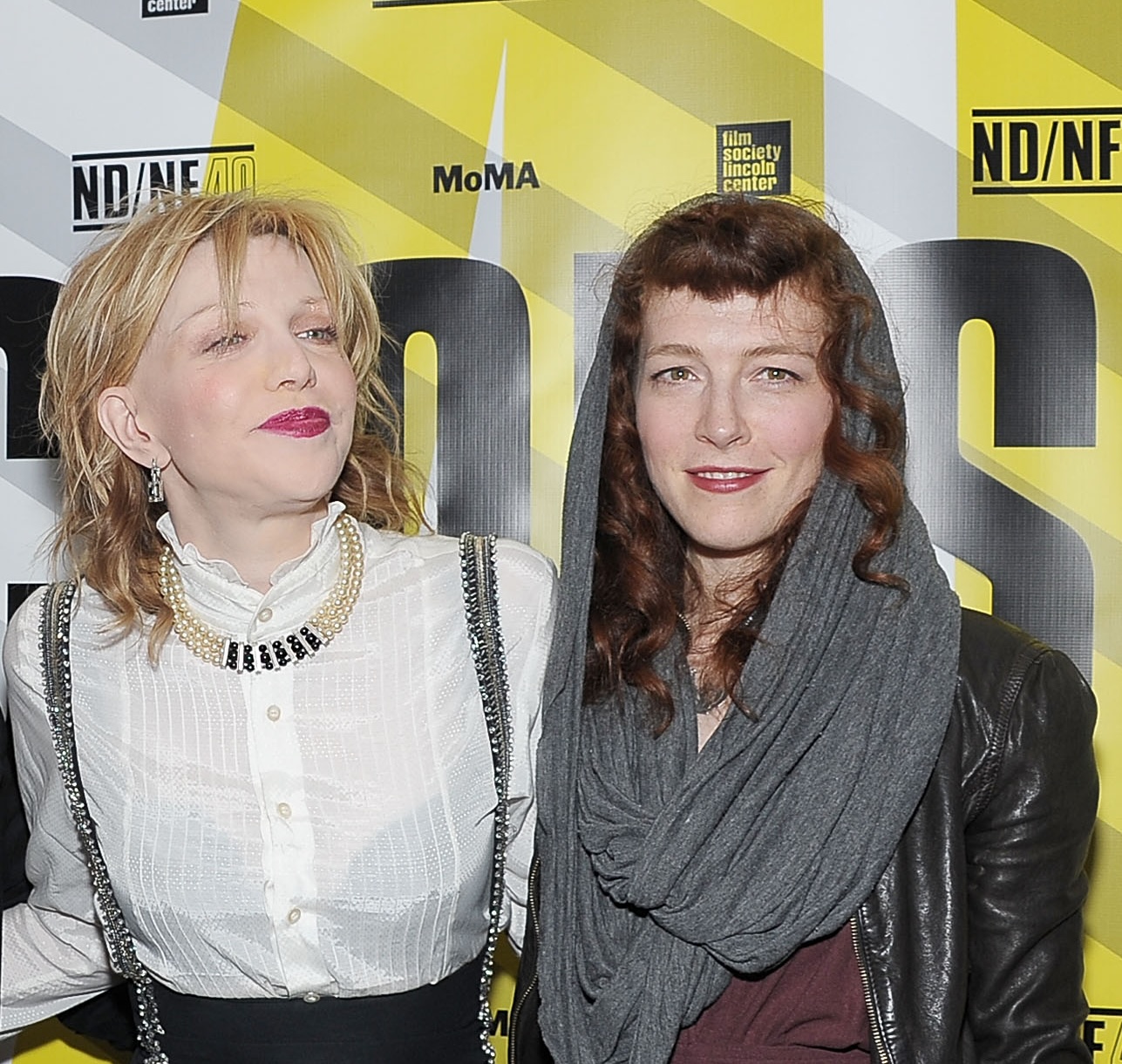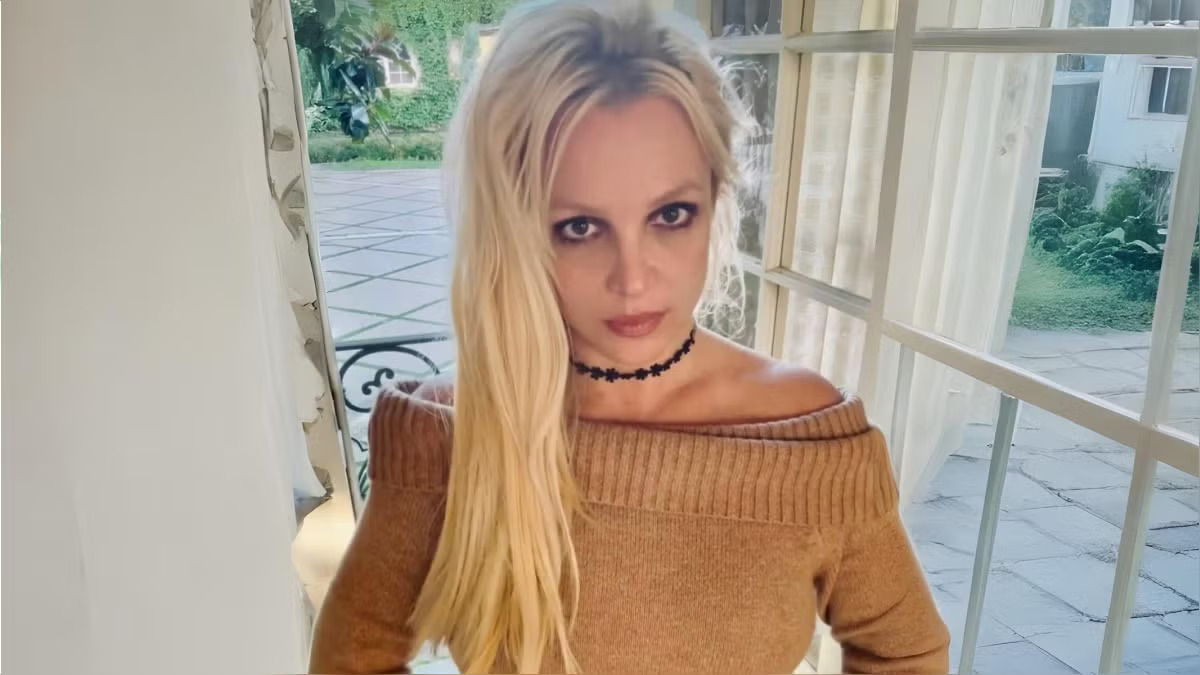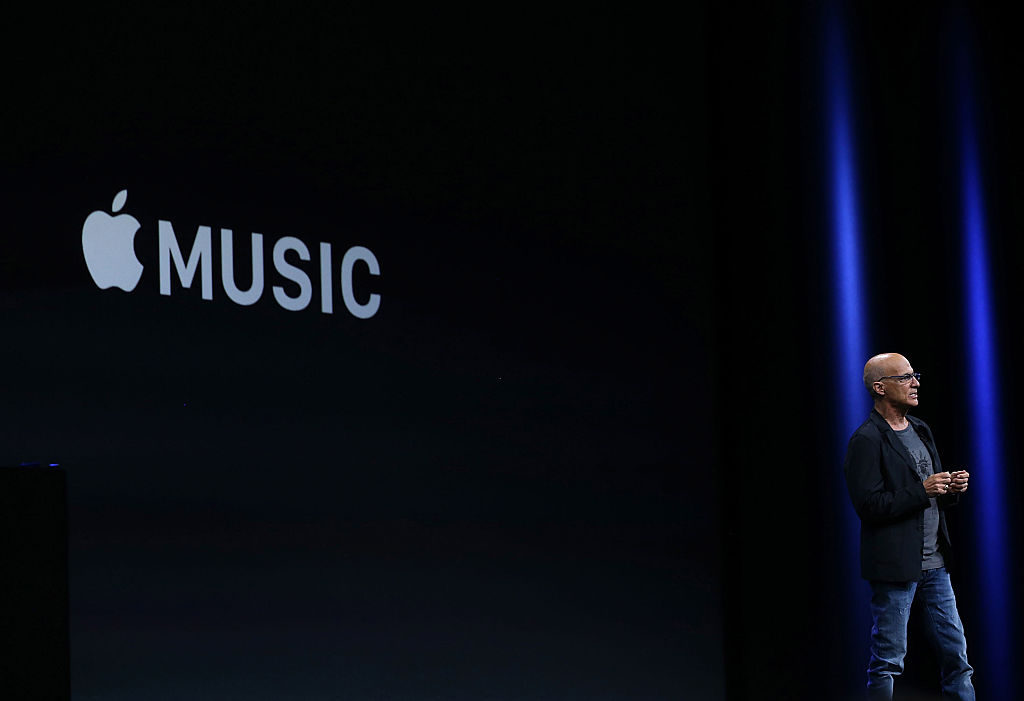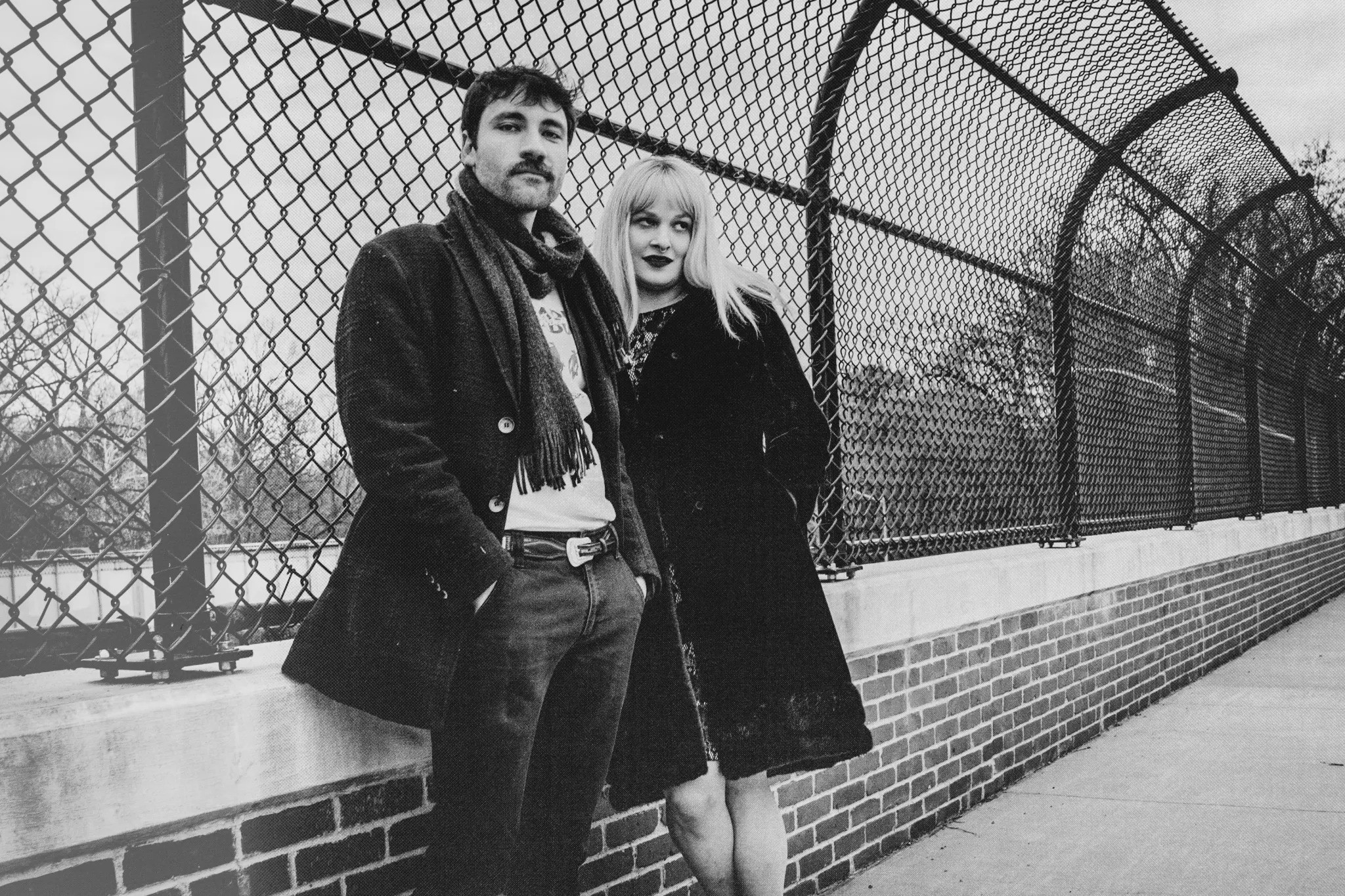In 2020, Kanye West's Yeezy brand partnered with the Gap on a new line of Yeezy Gap apparel. The partnership was supposed to last 10 years and generate $1 billion in revenue. Instead, as the New York Times reports, Kanye and the Gap have parted ways just two years into the deal. Kanye notified Gap via a letter today that he is terminating the partnership, citing a breach of contract by Gap. He plans to launch his own Yeezy stores instead.
In a message to employees, Gap president Mark Breitbard confirmed the end of the Yeezy partnership: "While we share a vision of bringing high-quality, trend-forward, utilitarian design to all people through unique omni experiences with Yeezy Gap, how we work together to deliver this vision is not aligned. And we are deciding to wind down the partnership." Kanye's lawyer's originally sent Gap a breach-of-contract notice on Aug. 16. Gap responded on Aug. 23, but Kanye ultimately decided to pull the plug. His lawyer Nicholas Gravante Jr. told the Times that Gap had left Kanye with "no choice" but to dissolve the arrangement.
After the news broke, the man now known as Ye went on CNBC in to discuss the situation from behind a ballcap, a beard, and sunglasses. Here's what he had to say:
It was always a dream of mine to be at the Gap and to bring the best product possible to the masses, and I always talked to them about doing products for $20 — like the best products in the world, designed to the same level of the top fashion houses in the world, at $20 for the people. And so we went through three years, and honestly there's always [those] struggles and back-and-forth when you're trying to build something new and integrate teams. So we designed an entire collection, and actually I wasn't able to set the actual price that I wanted for this collection. And then they actually took one of the shirts and sold it for $19. So [they] didn't price my stuff — they took my stuff and sold it for like $200 and above their whole price point normally and did the exact shirt for $20.
Also, they did pop-ups and I signed on with them because in the contract they said they were gonna do stores. And they just ignored us about building stores constantly. It was very frustrating. It was very disheartening. Because I just put everything I had. I put all of my top relationships. I went and got Demna [Gvasalia], the lead designer of Balenciaga, which is one of the hottest brands in the world. He does couture, and with that relationship he ended up working on a Gap collection for me. There were a lot of things like colorways that I didn't approve. There was a lot of places where the product went to certain sites where they just — it was like they were just dog-and-ponying the idea around town.
And sometimes I would talk to the guys, the heads of — the leaders — and it was like I was on mute or something. They totally — our agenda, it wasn't aligned, and I know. My family, we're garmentos. We made the first Louis Vuitton bootleg jogging suit. So they used to confiscate the bags at LAX. That's actually literally my family that would cut up those bags and make jogging suits. We literally would make Cross Colors. Because people always think of things like the celebrity. I wouldn't have been so influential in clothing language — I like the word language better than aesthetic because language is a base. Aesthetic, it's just a style. It's a language that me and Virgil [Abloh] and Demna and Jerry Lorenzo and Matt Williams brought in streetwear. And this Marc Ecko Complex idea of what it is today. What high schools look like today. And everyone knows that I'm the leader. I'm the king, right? So a king can't live in someone else's castle. A king has to make his own castle.
You can watch him say all that below.
